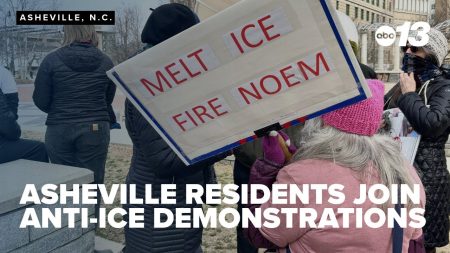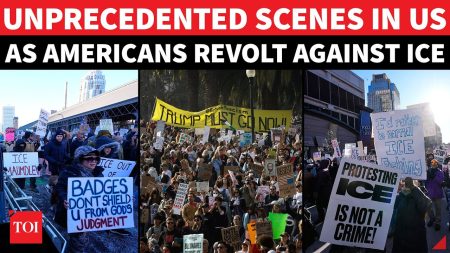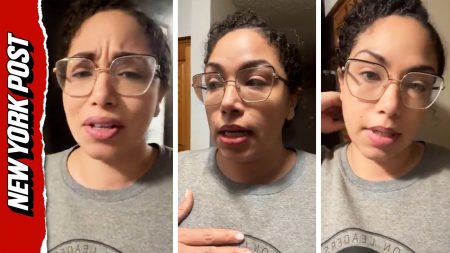The Potential Fallout of HB 2

It’s More Than Bathroom Politics
by Johnnie Grant –
Many people are upset about NC-HB 2, because the implications are more far-reaching than for transgendered people who simply want to use the toilet. The fallout from HB 2 has opened up a plethora of contentious issues.
HB 2 sets a precedent with a statewide definition of “classes of people” that affect the civil rights of people who are NOT gay or transgender. Opponents have called the new law a “hostile takeover of human civil rights.” Nonetheless, it’s easy to get lost in this legislation, so here are some things going on with HB 2 that you should know about:
Employment Discrimination
Section 1 is an attack on equal protection under the law, limiting how people may pursue claims of discrimination because of “race, religion, color, national origin, biological sex or handicap in state courts.” HB 2 amends the North Carolina Equal Employment Practices Act of (1977), which declares that it is against the state’s “public policy” to discriminate in employment “on account of race, religion, color, national origin, age, sex or handicap.”
New language in HB 2 strips workers and cultural minorities of the right—upheld in court since 1985—to sue under state antidiscrimination laws. A single sentence added to the state’s employment discrimination law says, “[No] person may bring any civil action based upon the public policy herein.”
North Carolina courts have long held that the “public policy” doctrine does give people who are wrongfully fired because of discrimination the right to recover damages under common (non-statutory) law. Now workers seeking redress for discrimination may sue only in the federal system, where a 180-day time limit governs when a suit may be filed.
“If you are fired because of your race, fired because of your gender, fired because of your religion,” said Allan Freyer, head of the Workers’ Rights Project at the N.C. Justice Center in Raleigh, “you no longer have a basic remedy.”
The Sneaky Employment and Wage provision
HB 2 also has serious implications for counties where agencies are attempting to promote diverse hiring practices, full bene-fits, and better wages. The provisions of the law “supersede and preempt any ordinance, regulation, resolution, or policy adopted or imposed by a unit of local government or other political subdivision of the state that regulates or imposes any requirement upon an employer pertaining to compensation of employees, such as the wage levels of employees, hours of labor, payment of earned wages, benefits, leave, or well-being of minors in the workforce.”
Similarly, county agencies cannot set “regulations or controls on [a] contractor’s employment practices or mandate or prohibit the provision of goods, services, or accommodations to any member of the public.”
Should any county or municipality attempt to pass reforms to employment practices, state law would block them. Furthermore, municipalities and counties with existing minimum wage ordinances and benefits requirements just lost them.
Erika Wilson, a law professor at the University of North Carolina, who codirects a legal clinic for low-income plaintiffs with job and housing discrimination claims, said, “The broader change hasn’t received much attention because people were so caught up in [the LGBT] part of the law that this [sneaked in] under the radar.”
Republican Rep. Dan Bishop, an HB 2 sponsor, said in an email to ProPublica that the lawsuit provision was “incidental” to the larger effort to revamp North Carolina’s law on public accommodations and rein in local governments. “The overall function of the law is to restore the status quo before the City of Charlotte exceeded its legal authority,” he wrote.
The change is not as sweeping as critics claim, he said, because federal law “provides its own robust remedies and plaintiffs usually allege both federal and state law claims in the same complaint.” He told WBTV in Charlotte that the “exceedingly minor procedural difference” would have a minimal effect.
However, the law holds serious implications for counties where agencies are attempting to promote diverse hiring practices, diverse contractual service, full benefits for employees, and better wages.
A back door to “Religious Freedom” laws
Another segment of the bill that’s not getting much coverage is who gets to handle discrimination claims assigned to the state’s Human Relations Commission. Since religion is a protected class, and the definition of religion is so broad, this could be a kind of backdoor “religious freedom restoration act” — allowing businesses the right to refuse to serve customers based on the owner’s religious beliefs.
Religious freedom laws are a growing issue in the United States, codifying discrimination by crying foul about First Amendment violations. Creating openings like these can establish legal precedents to bolster discrimination—including, for example, a restaurant owner claiming, under a “sincerely held religious belief” that homosexuality is wrong, that he is free not to serve someone he perceives as gay.
Because the law extends those religious freedom protections to state employees, it is feasible that an interracial family could be denied the right to register to vote by someone who believes interracial relationships are sinful; a woman might be denied a drivers license by someone who believes the husband has dominion over his wife’s freedom.
Here’s the really chilling thing; this legislation has been designed to be severable, as articulated in the conclusion:
“If any provision of this act or its application is held invalid, the invalidity does not affect other provisions or applications of this act that can be given effect without the invalid provisions or application, and to this end the provisions of this act are severable. If any provision of this act is temporarily or permanently restrained or enjoined by judicial order, this act shall be enforced as though such restrained or enjoined provisions had not been adopted, provided that whenever such temporary or permanent restraining order or injunction is stayed, dissolved, or otherwise ceases to have effect, such provisions shall have full force and effect.”
Governor Pat McCrory, in announcing his Executive Order 93, asserted that the Charlotte ordinance overturned by the “bathroom bill” was a solution in search of a problem that didn’t exist. In fact, HB 2 is a solution in search of a REAL problem … and now the legislature has created one!








